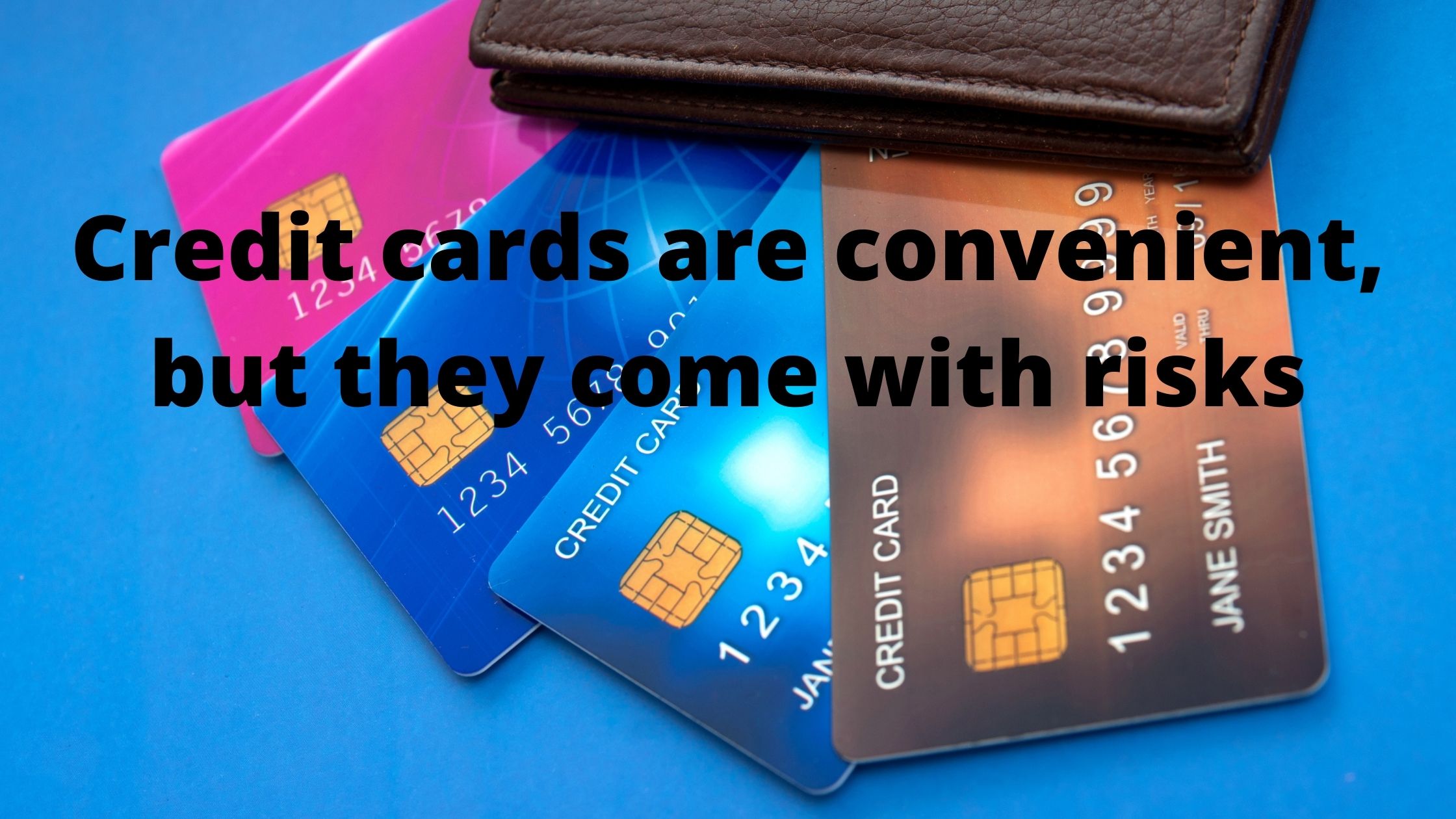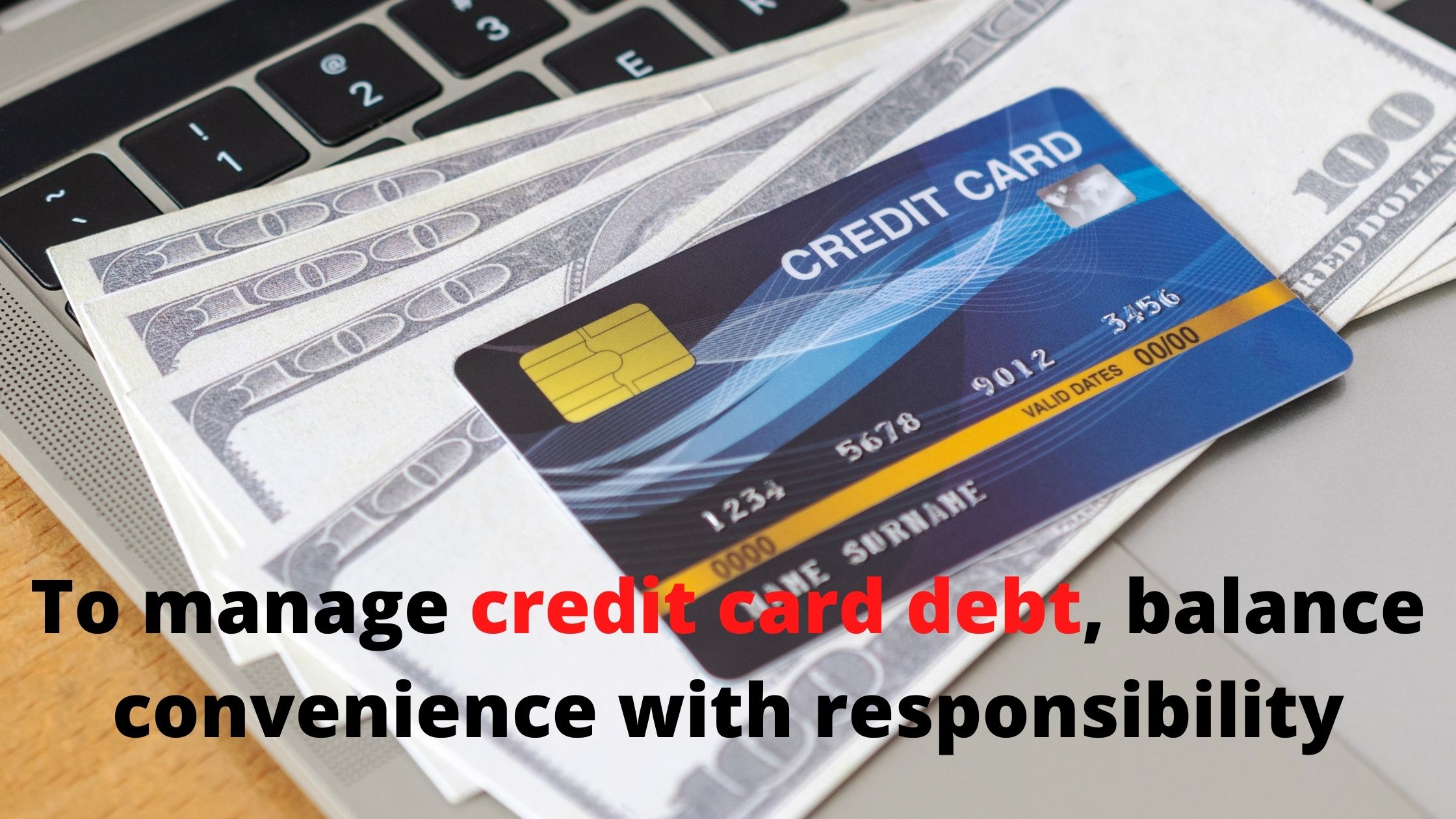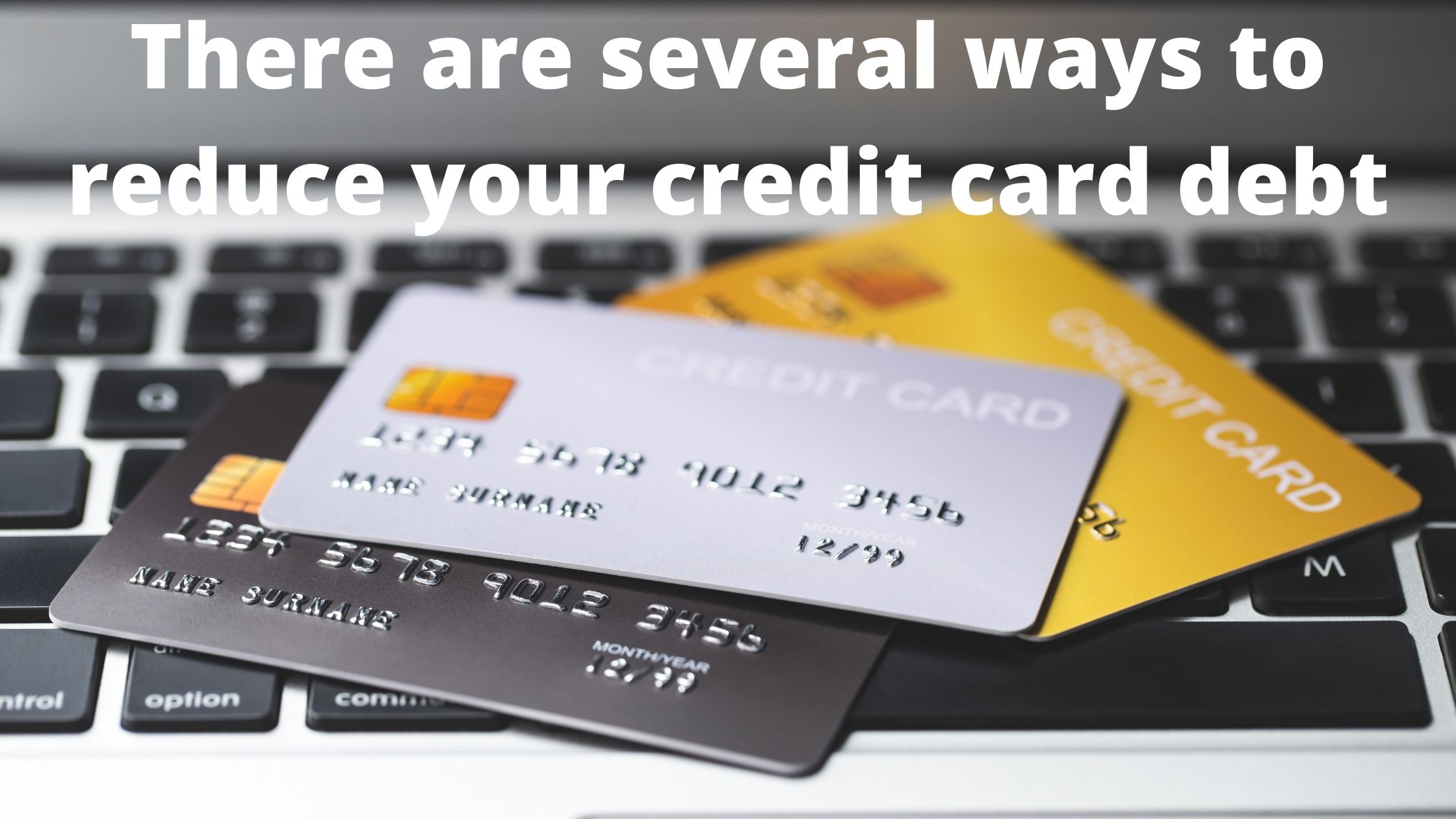Financial experts have been giving advice on how to manage credit card debt for years now. In this article, we will share some of the tips that experts have shared with us. By following these tips, you can not only reduce your overall credit card debt, but also improve your credit score.
Credit cards are convenient, but they come with risks
Credit card debt can be a huge financial burden, and managing it can be difficult. Financial experts have shared tips for managing credit card debt wisely.
One common tip is to pay off your balances in full each month. This will help you avoid interest charges and ensure that you’re responsible with your credit card use.
Another tip is to keep tabs on your expenses. Make sure you’re not spending more than you can afford on groceries, clothes, and other bills. This way, you’ll avoid getting into too much credit card debt.
Experts also recommend using a budgeting tool to track your spending. This will help you see where you can reduce costs and save money on your purchases.
Finally, it’s important to remember that credit cards are only useful if they’re used responsibly. If you miss payments or use your card irresponsibly, your credit score may suffer and it may be harder to get new credit cards in the future.
To manage credit card debt, balance convenience with responsibility
Credit card debt can be a costly and challenging habit to break, but with a little planning and effort it’s possible to get on track. Here are five tips from financial experts to help you manage your credit card debt:
1. Keep tabs on your spending: One of the best ways to keep track of how much you’re spending and where your money is going is to use a budgeting app or spreadsheet. This will help you stay mindful of how much you’re actually spending on food, entertainment, and other unnecessary expenses.\r
2. Pay off high-interest cards first: When you have multiple high-interest credit cards, it’s important to pay off the ones with the highest interest rates first. This will minimize your overall debt load and make it easier to manage in the long run.\r
3. Make small payments every month: If you can’t afford to make a large payment each month, try making several small payments instead. This will help you avoid accumulating debt over time and start building up a buffer should an emergency arise.\r
4. Get help if you need it: If things become too difficult to handle on your own, consider seeking
There are several ways to reduce your credit card debt
You can try to pay off your card in full each month
You can make lower monthly payments, and only pay the interest on your balances instead of the entire amount due
You can negotiate a lower interest rate or terms with your credit card company
You can use a debt consolidation loan or credit card payoff plan to reduce your overall debt.
The goal of managing credit card debt is to reduce your overall indebtedness while still enjoying the privileges and benefits that come with having a credit card. Here are some tips from financial experts on how to achieve this:
1. Try to pay off your card in full each month. This will reduce your overall debt and put less pressure on your finances.
2. Make lower monthly payments, and only pay the interest on your balances instead of the entire amount due. This will help you save money in the long run, and you will also avoid paying extra fees associated with late payments.
3. Negotiate a lower interest rate or terms with your credit card company. This may be possible if you have good credit history and have never had any past defaults on your cards.
4. Use a debt consolidation loan or credit
Conclusion
Financial experts often give tips for managing credit card debt, partly because it’s a topic that is both relevant and popular. While every individual’s situation is different, there are some key principles that can be applied to any credit card debt situation. Understanding these principles will help you make better decisions about how to handle your finances and reduce the amount of stress that comes with owing money.

